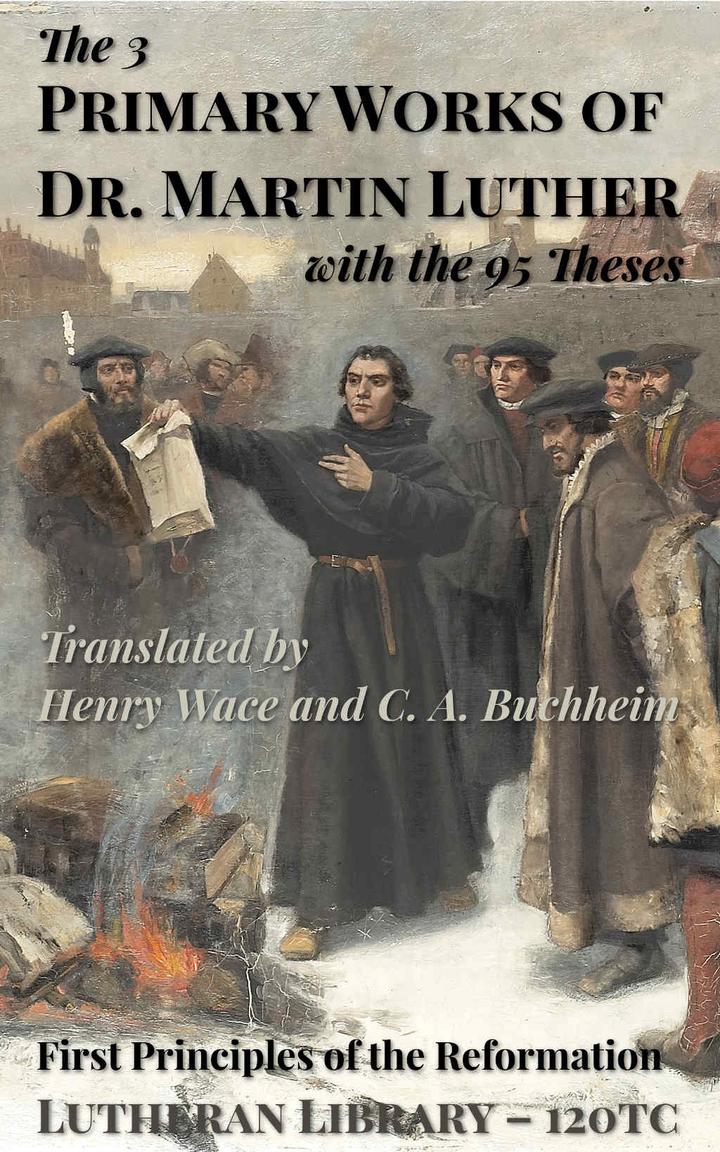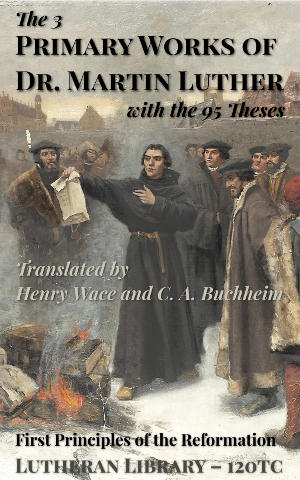Why read Martin Luther?

Many people have opinions about Martin Luther, but few have actually read his words. This small volume includes the Address to the Nobility of the German Nation, Concerning Christian Liberty and On the Babylonian Captivity of the Church. The famous 95 Theses are here too, as well as two helpful introductions, one theological, and the other historical.
These writings are punchy and gripping. Church scholar Henry Wace (who wrote the Theological Introduction) says,
“…astonishing vigor, frankness, humor, good sense, and…intense moral indignation… So tremendous an indictment…could hardly be paralleled in literature."1
Part 1 - Address to the Nobility of the German Nation
Luther wrote this in 1520, defending the idea that “the functions of the clergy are simply ministerial (exercising) on behalf of all, powers which all virtually possess."2 He then goes on to obliterate the three barriers the Roman Catholic Church erects against any opposition, namely the ideas that:
- Temporal power has no jurisdiction over Rome
- No one may interpret the Scriptures but the Pope
- No one can call a Council but the Pope
Part 2 - Concerning Christian Liberty
A devotional peace-offering3 to Pope Leo X., this describes the life of a person who has been justified by faith.
- A Christian is the most free Lord of all, and subject to none, and yet,
- A Christian is the most dutiful Servant of all, and subject to every one.
Part 3 - On the Babylonian Captivity of the Church
True sacraments follow these Biblical conditions:
- They are a visible sign
- They were instituted by Jesus Christ, and,
- They certify a Divine promise.
Luther here examines the seven Roman Catholic sacraments against these conditions and finds only two - Baptism and the Lord’s Supper - that meet the criteria.
